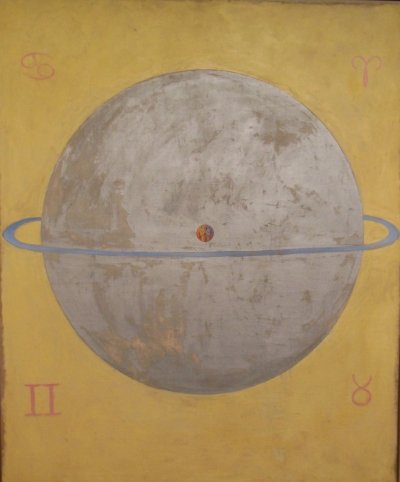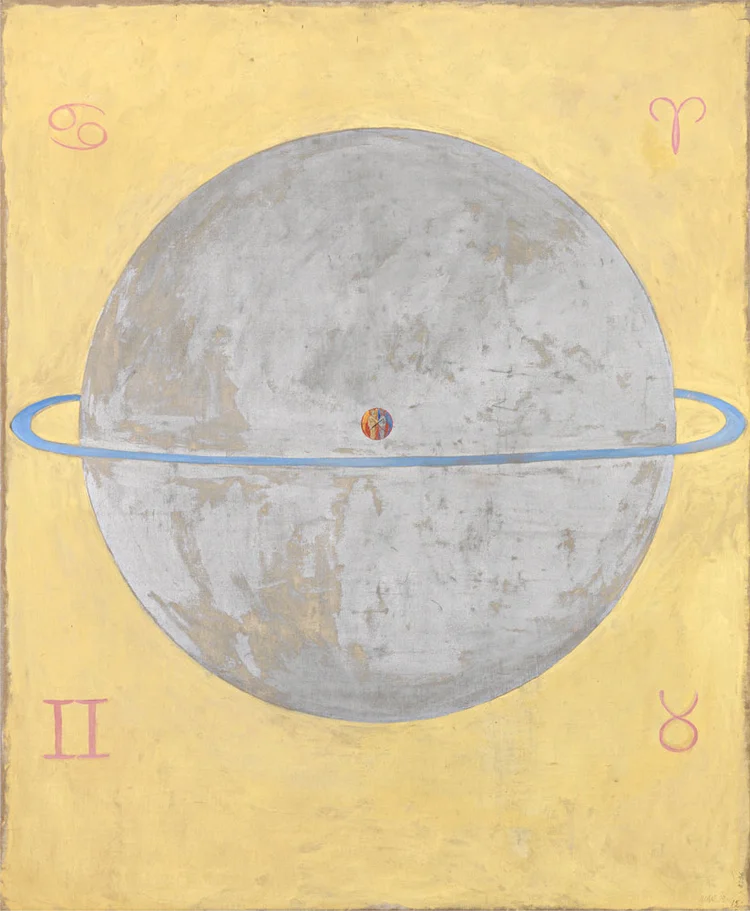"The continuity of the astrological tradition is, perhaps, unmatched in the intellectual history of the West. All astrologers - whether in ancient Babylon or Hitler's Munich - assume that they understand the language of the stars, that they possess a set of rules which enable them to decipher the book of the heavens. This analogy may sound very modern. Current intellectual fashion dictates the comparison of texts to events. But in the case of astrology, the analogy itself forms part of a long-established tradition. Giovanni Gioviano Pontano, who published his treatise On Celestial Things in 1512, argued explicitly that the language of the stars conformed in all essential ways to the language of humans. The letters of the Roman alphabet, he pointed out, could be combined in thousands of ways to form new words. Very simple alterations in spelling caused major changes in sense. Every transformation of the sign transforms its meaning.
Stars and planets, Pontano argued, formed the letters of a cosmic alphabet. Clear simple attributes - color, external appearance, speed and direction of motion - expressed the character and revealed the influence of the individual planets. Every planet played the role of a letter with defined qualities. Every astrologically significant configuration of two or more planets resembled a word or a phrase, the sense of which the astrologer could determine."
Anthony Grafton, 'Cardano's Cosmos; The worlds and works of a Renaissance astrologer', 1999
Giovanni Gioviano Potano (1426-1503)


